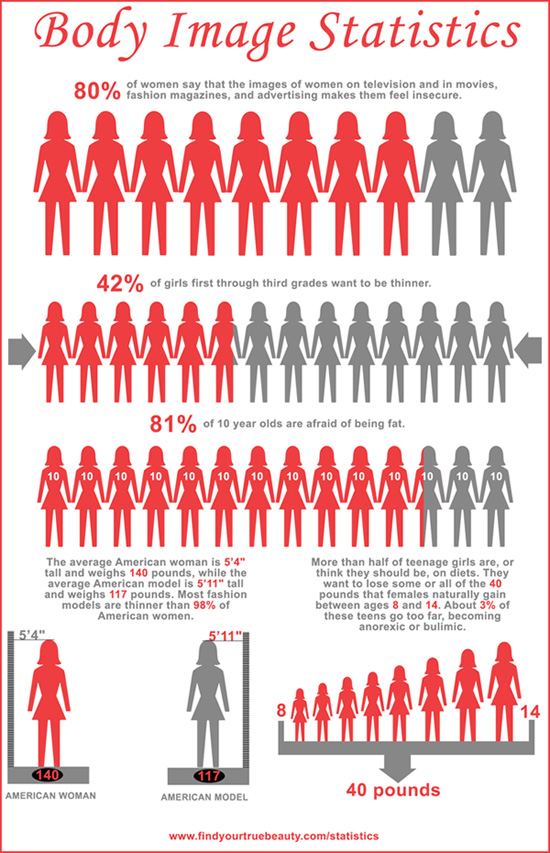
Anorexia, for example, is characterized by restriction of food or exercise excessively, often in pursuit of thinness and in fear of gaining weight. While the instance of body image concerns is not required to diagnose an eating disorder, some eating disorders are more closely associated with body image concerns than others. Types of Eating Disorders That Do Not Always Involve Body Image These examples are just several of many in which body image may play no role at all. Concurrent mental health conditions can also exacerbate the risk of developing an eating disorder. A family history of eating disorders can also increase one’s likelihood of experiencing an eating disorder themselves.

From an emotional and psychological perspective, stress or trauma can set the stage for the development of an eating disorder as a maladaptive coping mechanism. Eating disorders can involve a complex array of emotional, psychological, biological, and genetic factors. population will experience an eating disorder in their lifetime.Īdvertisement Call Reasons for Help 84 Potential Non-Body Image Causes of an Eating DisorderĪt their core, eating disorders are about far more than just food and body image. Estimates project that more than 9% of the U.S. While the reported instance of eating disorders is lower than the reported instance of body dissatisfaction, eating disorders remain a serious set of mental and physical health conditions that impact many people. As those habits continue, an eating disorder may form. An individual with a negative perception of their body might engage in disordered eating habits for a period of time. However, eating disorders don’t form overnight. In some instances, body image concerns set the stage for the development of an eating disorder. Dissatisfaction with one’s body occurs for many individuals, regardless of gender or age. Other studies indicate that up to 61% of adolescents report experiencing body dissatisfaction at some level. Research estimates that up to 40% of women are not satisfied with their bodies, and up to 30% of men feel similarly. Unfortunately, negative body image is a common experience.

The Prevalence of Body Image Issues and Eating Disorders Learn more about the relationship between body image and eating disorders, and examples of situations where an eating disorder might exist irrespective of body image concerns. Not everyone who has an eating disorder has body image issues, and not everyone who has body image issue has an eating disorder. Is it possible to have an eating disorder without having body image concerns?īody image and eating disorders are often significantly interrelated, but not always.


 0 kommentar(er)
0 kommentar(er)
